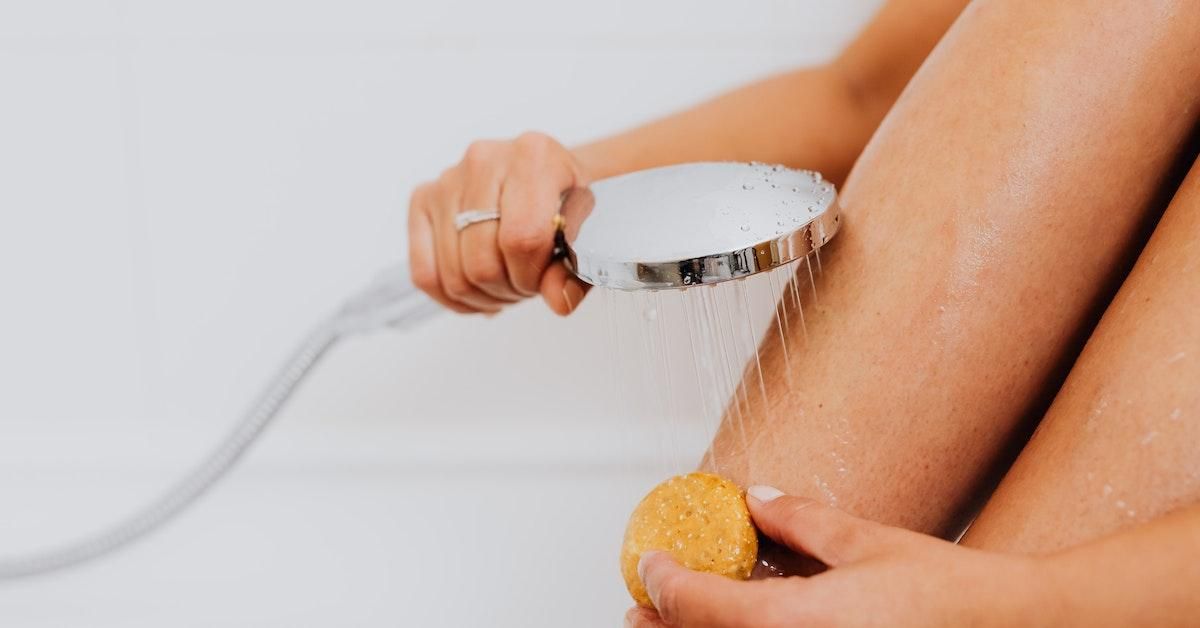Skin lightening soaps are special soaps that contain lightening agents that can be used to even out skin tone. These soaps can be used to lighten freckles, age spots, acne scars and other skin discolorations. They can also be used to lighten the overall skin tone. Skin lightening soaps are generally made from natural ingredients and minerals that help to lighten and brighten the skin. The most common active ingredients in skin lightening soaps are alpha-hydroxy acids, kojic acid, and licorice extract.
Alpha-hydroxy acids work by removing the dead skin cells that can make skin look dull, while kojic acid helps to suppress the production of melanin in the skin, resulting in a lighter skin tone. Licorice extract works to reduce inflammation and brighten skin discoloration, as well as reduce dark spots and even out skin tone. Here are 11 facts to know about skin lightening soap that you may not have heard before.
Facts to know:
1. Skin lightening soap dates back to Ancient Egypt. Skin lightening was a practice that began in Ancient Egypt, and some of the ingredients contained in the soap were similar to those found in modern-day skin lightening products. This includes ingredients such as honey, milk, and even sponges.
2. Skin lightening soap is applied topically. Unlike other skin lightening methods, skin lightening soap is applied directly to the skin and not ingested. This is why it is important to use a soap specifically formulated for skin lightening and to avoid applying it to areas that are open or broken.
3. Skin lightening soap can contain harsh chemicals. Many skin lightening soaps contain chemicals like hydroquinone and mercury, which can be dangerous if overused or applied to the skin. It is important to read the ingredients on the package and to speak with a dermatologist before using any skin lightening products.
4. Skin lightening soap usually contains plants. Natural skin lightening soaps often contain plant-based ingredients such as licorice root, mulberry root extract, and bearberry extract.
5. Skin lightening soaps have been linked to skin cancer. The use of skin lightening soaps has been linked to an increased risk of skin cancer, particularly in those who do not use sunscreen when using the soap.
6. Skin lightening soaps can help with post-inflammatory hyperpigmentation. Many people use skin lightening soaps to help with post-inflammatory hyperpigmentation, which can occur due to acne, sun damage, and other skin-related issues.
7. Skin lightening soaps may cause sun sensitivity. Skin lightening soaps can make the skin more sensitive to sunlight, so it is important to use a sunscreen when using the soap and to avoid prolonged sun exposure.
8. Skin lightening soaps should not be used on the face. Many skin lightening soaps are not suitable for use on the face as they can be too harsh for the delicate skin in this area.
9. Skin lightening soaps should be used correctly. Some skin lightening soaps should not be used more than once or twice a day, so it is important to follow the directions on the packaging carefully.
10. Skin lightening soaps are not permanent. Skin lightening soaps will not permanently lighten the skin but instead can help to reduce the appearance of dark spots. It is important to use the soap regularly to maintain the effects.
11. Skin lightening soaps should not be used while pregnant. Skin lightening soaps should not be used while pregnant as some of the ingredients can be harmful to the unborn baby. It is best to speak with a doctor before using skin lightening products.
Overall, skin lightening soaps can be a great way to reduce the appearance of dark spots, but it is important to use them correctly and to avoid harsh ingredients. It is also important to use sunscreen when using skin lightening soap and to speak with a doctor if pregnant.






 StableDiffusion
StableDiffusion Photo by
Photo by  Photo by
Photo by 
 full parking
StableDiffusion
full parking
StableDiffusion









